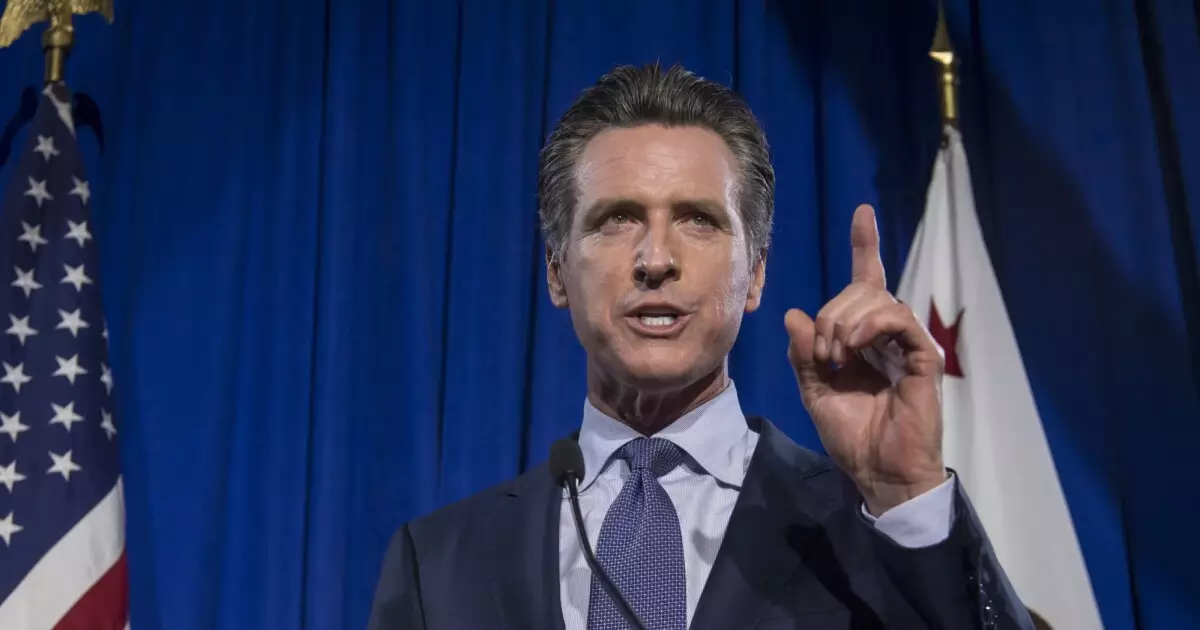In California, the nexus between education funding and legal frameworks has become increasingly contentious, culminating in a high-stakes lawsuit initiated by the California School Boards Association (CSBA). At the heart of this dispute lies Proposition 98, a constitutional mandate designed to secure a stable funding source for schools and community colleges. The CSBA challenges the validity of a recent budget trailer bill that allegedly undermines the provisions of this proposition, posing serious implications for the state’s education funding landscape.
Proposition 98, enacted by voters in 1988, establishes a minimum funding guarantee for California’s K-12 schools and community colleges, calculated based on a specific formula tied to the state’s revenues and economic performance. This initiative was intended to provide a predictable funding structure, ensuring that educational institutions are adequately financed to deliver quality education. However, any significant alterations to this framework, such as those introduced in the controversial trailer bill, raise alarm among educators, policymakers, and advocates alike.
The trailer bill, which forms part of Governor Gavin Newsom’s ambitious 2024 budget, has sparked outrage due to claims that it compromises the constitutional safeguards that Proposition 98 was designed to protect. By allegedly rerouting funds and manipulating fiscal calculations, the state risks significantly reducing the allocated budget for education—a concern that could reverberate through classrooms statewide.
The lawsuit filed by the CSBA’s Education Legal Alliance reflects a broader unease regarding the stability and predictability of school funding in California. CSBA President Albert Gonzalez articulated a strong stance against the manipulation of Proposition 98, asserting that the constitutional demands for educational funding cannot be disregarded for the convenience of budgetary adjustments. This sentiment echoes a longstanding apprehension among educators about the integrity of financial commitments made by the state.
The claim is that the recent changes may set a precarious precedent, potentially enabling future administrations to bypass Proposition 98’s requirements, thereby endangering the financial health of educational institutions across California. This fear is rooted in historical precedents where earlier budgetary crises led to similar funding disputes, forcing schools to adjust to unstable financial environments.
Furthermore, Gonzalez’s assessment underscores the broader implications of this lawsuit—not just for current allocations, but for the future of education funding in California. Schools rely on a consistent financial backdrop to plan programs, retain staff, and maintain facilities, all critical components in fostering long-term academic success.
In response to the CSBA’s allegations, the state’s Department of Finance has adopted a defiant posture, insisting that their actions comply with both the letter and spirit of the law. A representative from the Department, H.D. Palmer, defended the budget alterations, arguing that the modifications were legitimate and constitutional. The contesting opinions between the CSBA and the Department of Finance highlight the polarizing divide over educational funding and governmental accountability.
The lawsuit has also unwrapped layers of bureaucratic intricacies that can compromise the financial structures within educational governance. As the court prepares to evaluate these conflicting positions, the implications of the case extend beyond immediate budget concerns. It raises vital questions about the responsible management of public funds and the ethical obligations of state leaders toward their educational systems.
As California navigates this contentious legal battle, the ramifications are likely to be felt for years to come. If the court rules in favor of the CSBA, it could reinforce the sanctity of Proposition 98, potentially safeguarding education funding against future governmental alterations. Conversely, a ruling favorable to the Department of Finance may empower state authorities to redefine budget strategies, potentially at the expense of educational equity and stability.
Moreover, the notion that educational funding can be manipulated to meet short-term budgetary goals raises profound concerns about the ethical stewardship of public resources. Should the legal interpretation of Proposition 98 shift in favor of monetary expedience, it may compromise the state’s commitment to ensuring every student has equitable access to quality education.
The overarching narrative emerging from this lawsuit encapsulates the ongoing struggle over education funding in California. It underscores a crucial reminder that the constitutional protections enshrined in propositions like 98 must be fiercely guarded to ensure that the future generation of Californians receives the resources they require to thrive academically and socially. As this case unfolds, it will serve as a litmus test for the state’s dedication to its educational commitments and the will of the voters who championed these reforms.


Leave a Reply